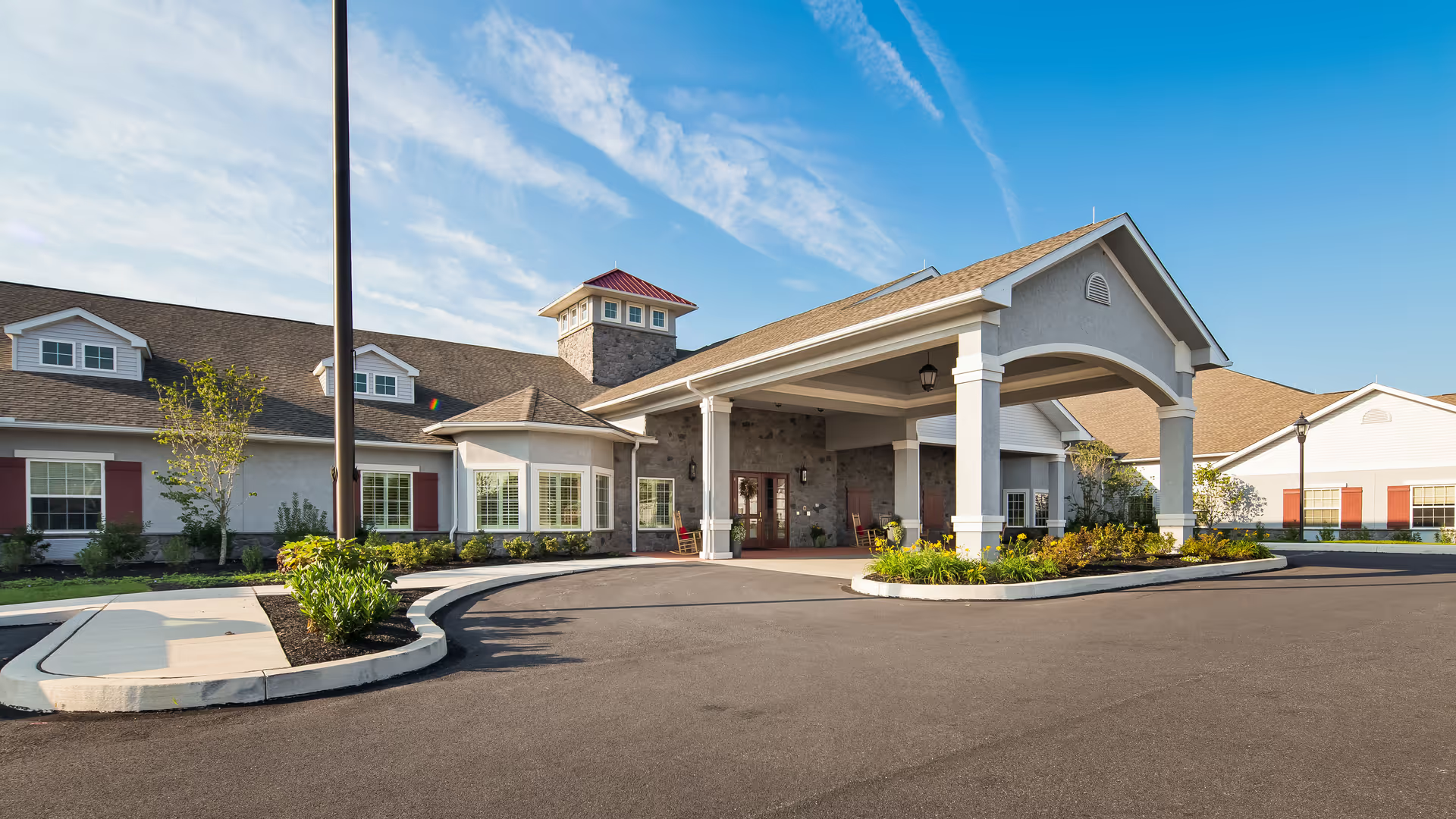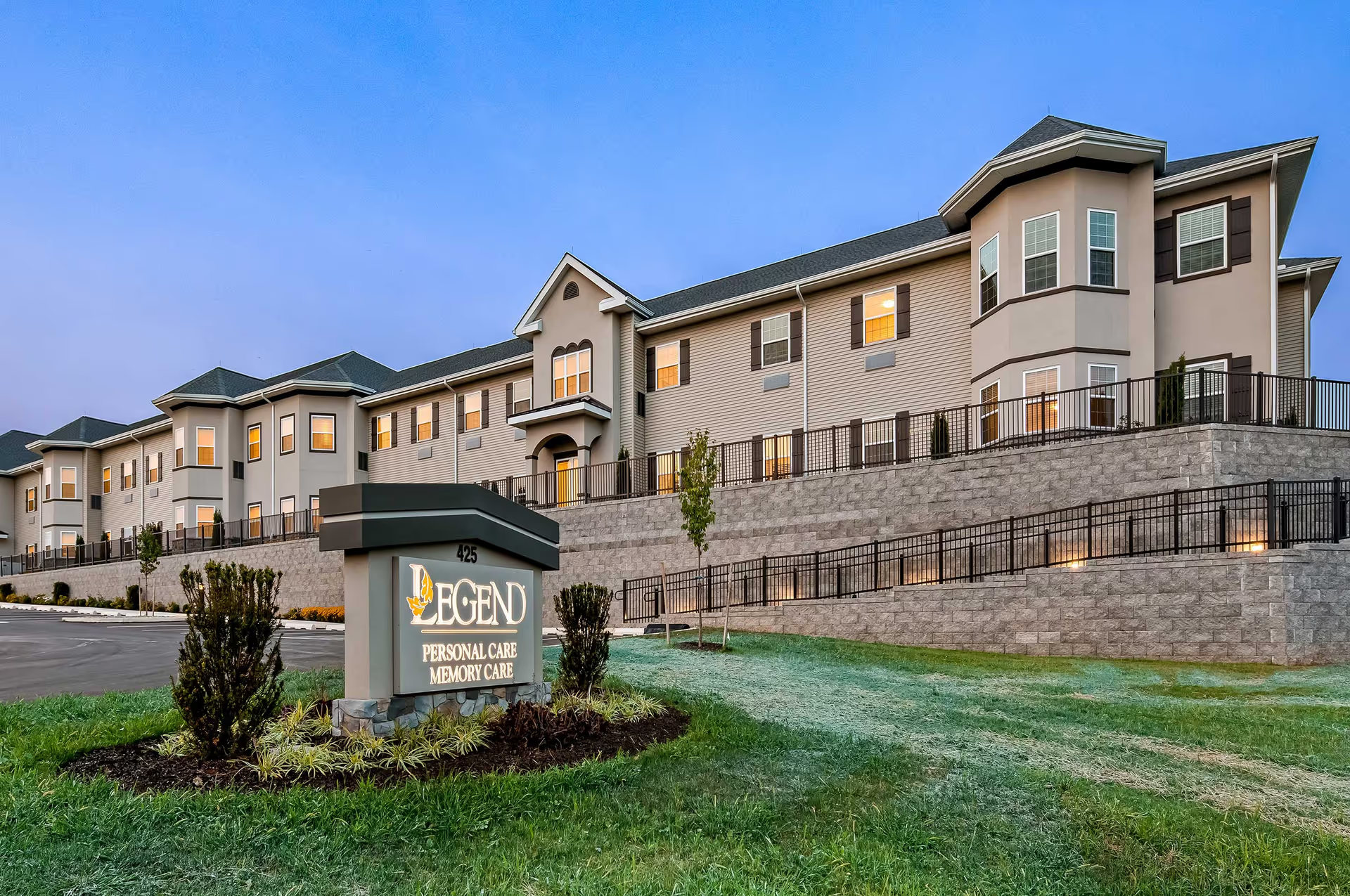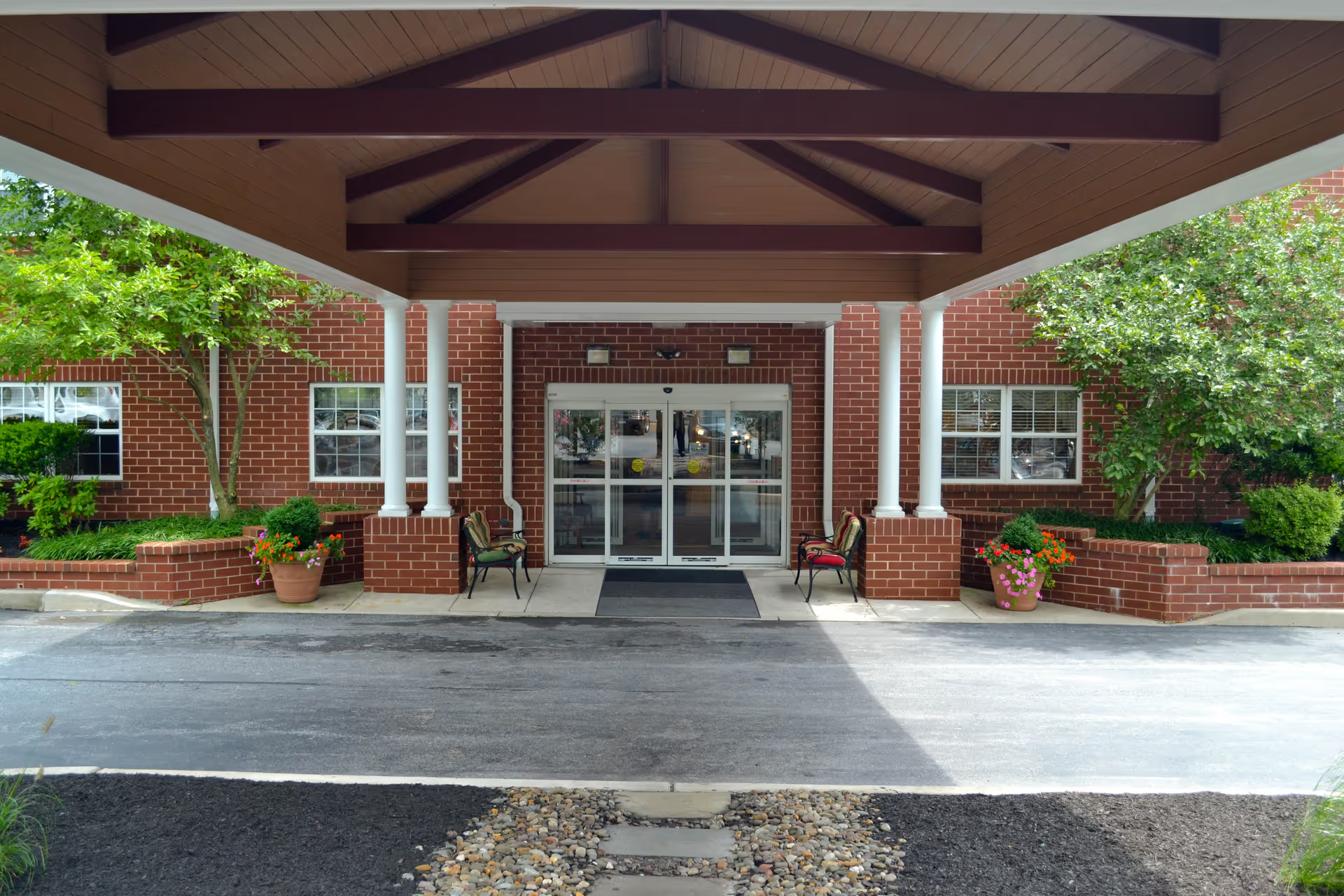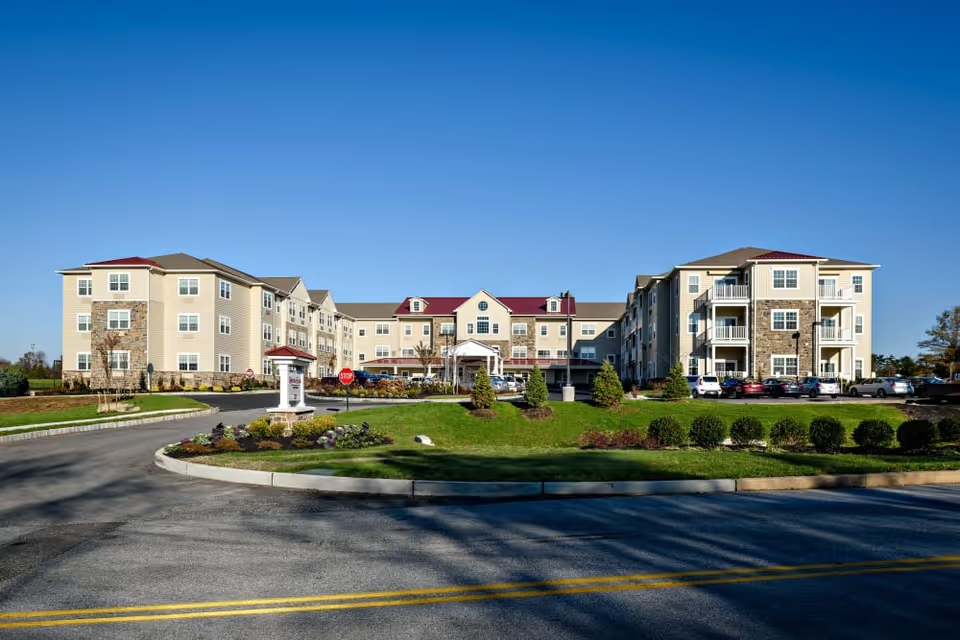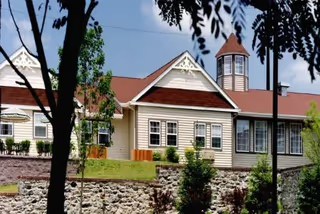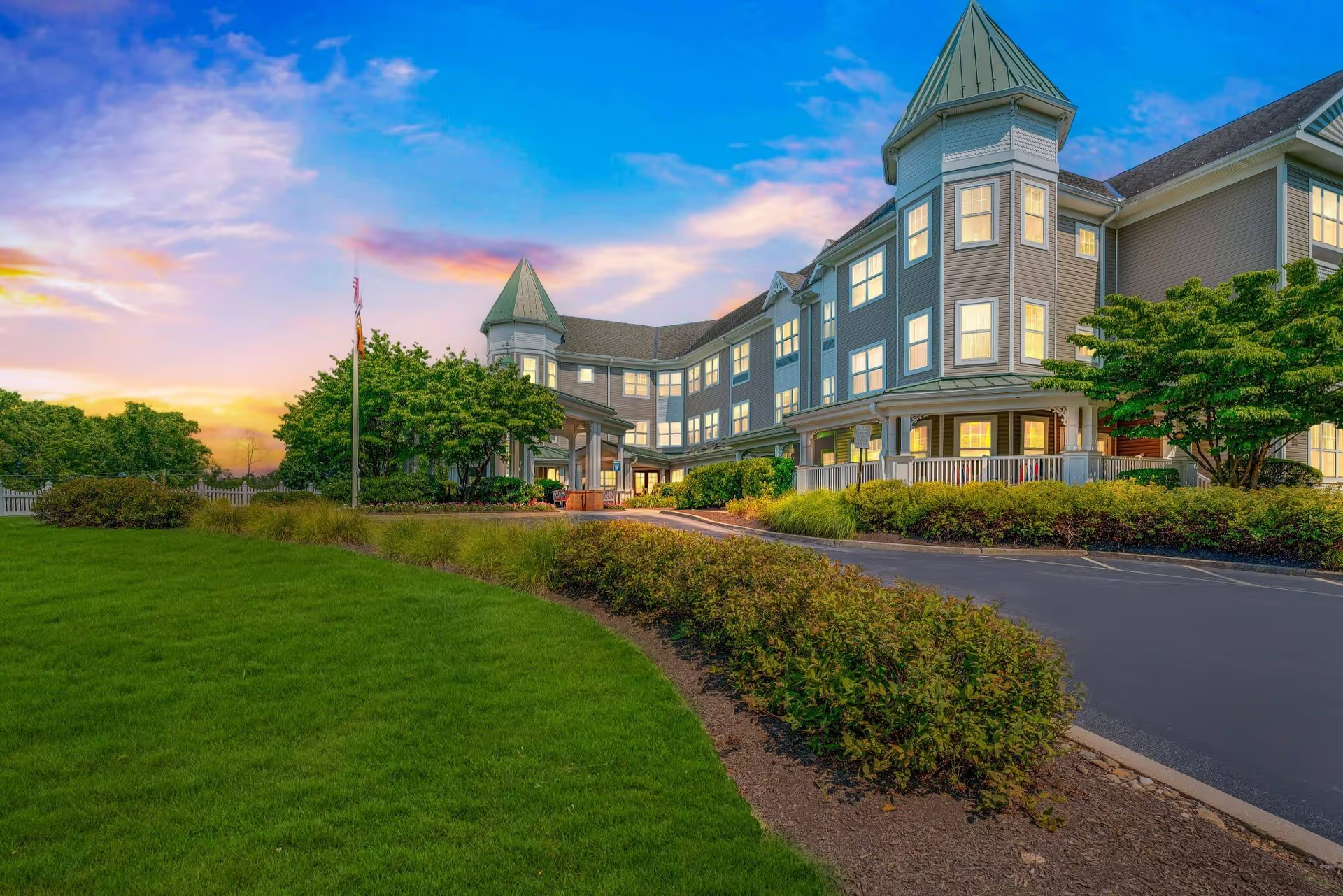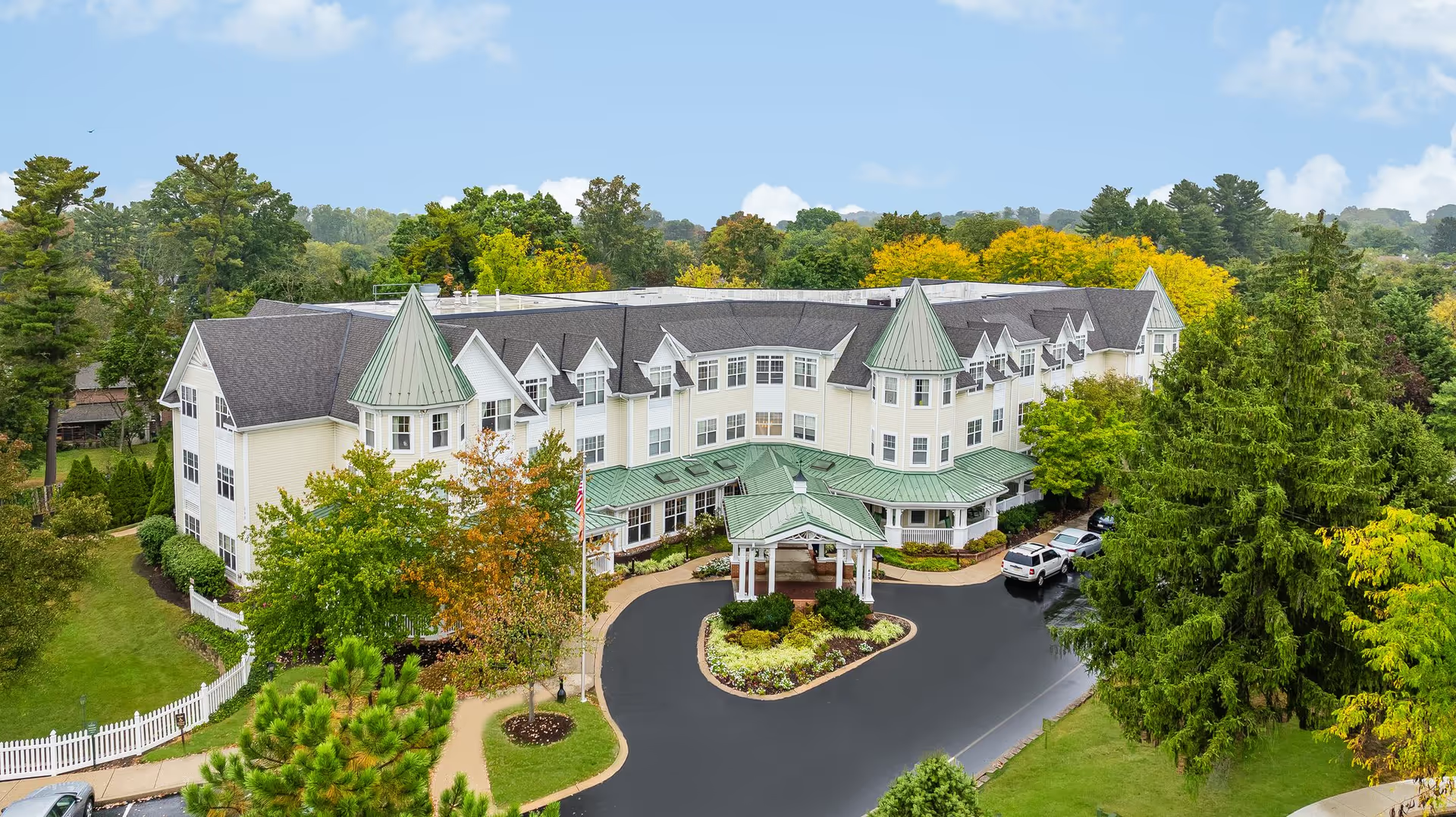Overall sentiment: Across the collected reviews, Elder Estates Assisted Living, LLC receives overwhelmingly positive feedback. Reviewers consistently describe a warm, home-like environment where residents are treated like family. The owner’s active presence and clinical knowledge — specifically certification and experience in dementia care — is repeatedly highlighted as a defining strength. Families report improved wellbeing (for example, improved vitals and increased smiling and engagement), strong clinical oversight (proactive medication management and good communication with doctors), and compassionate, consistent caregiving that preserves resident dignity.
Care quality and staff: The facility’s caregiving team is described as caring, personable, and highly engaged. Multiple reviewers emphasize that staff treat residents like family and provide individualized attention. There are many specific compliments: staff are knowledgeable about dementia care, they run well-planned activities and exercise programs, they perform effective physical therapy or rehabilitation support, and they proactively manage medications and health communications. Family members also praise the facility’s communication — regular updates, responsiveness to concerns, and coordination with physicians — and mention owner-led resources like family support workshops. The result is a strong impression of clinical competency combined with emotional warmth.
Facilities and environment: Elder Estates is consistently described as clean, tidy, and well-maintained — some reviewers call it the cleanest or “tip-top” in cleanliness. The small-house model produces an inviting, cozy atmosphere with a home-cooked-meal feel; reviewers mention delicious lunches, healthy menus, and a comforting, non-institutional smell and décor. The small scale is repeatedly framed as an advantage for personalized care and strong social bonds among residents, creating a family-like culture and active socialization.
Activities and lifestyle: A major theme in the reviews is the breadth and thoughtfulness of programming: weekly in-home activities, monthly outings and field trips, vacation programs, and stimulation-based exercises that reviewers credit with improving engagement and memory. Residents are described as sociable, engaged in home activities and outings, and showing measurable improvements in mood and cognition. The facility is praised for both the quantity and quality of activities — including well-planned meals integrated into routines — contributing to a lively, active lifestyle for residents.
Management and reputation: The owner’s hands-on leadership stands out: reviewers note owner-led tours, regular check-ins, dementia certification, and proactive planning. This leadership style contributes to a strong reputation; many reviewers call Elder Estates the best or a “jewel” among facilities, with multiple explicit recommendations and reports of a wait list. The facility also earns praise for providing emotional support to families during difficult placement decisions.
Notable concerns and limitations: While overwhelmingly positive, reviews identify several recurring limitations. Capacity is a clear constraint — multiple comments note no current openings and an existing wait list, which may delay placement. The small size, while often a benefit, is sometimes perceived as too small or even claustrophobic for some prospective residents. Accessibility is another concrete concern: reviewers mention a missing wheelchair ramp and limited/easier access to basement activity space, which could be a barrier for residents with mobility needs. One reviewer observed limited racial diversity among residents, which may be worth noting for families seeking a more diverse community. Finally, a couple of prospective residents were unable to move in because their health had declined beyond what the facility could safely accept, indicating there are clinical admission limits tied to the home’s size and resource level.
Bottom line: The dominant pattern is one of exceptional, person-centered care delivered in a very clean, small, and well-managed home environment with strong dementia expertise and ample activities that promote engagement and well-being. The trade-offs are primarily structural: limited capacity, constrained physical space, and some accessibility limitations. For families who prioritize personalized dementia-aware care, frequent family communication, and a warm, home-like setting, Elder Estates appears to be an outstanding option; families for whom immediate placement, greater physical accessibility, or a larger institutional setting are priorities may need to consider these constraints.
